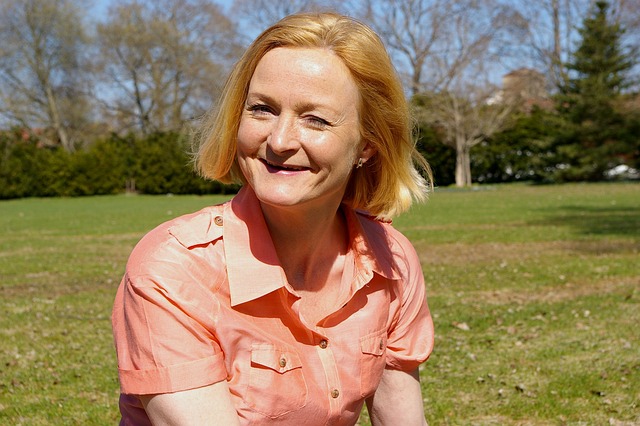
Today’s parents have more options than ever available to them thanks to advances in assisted reproductive technology. Women in their 40s and 50s realistically entertain the notion of growing their families. Although your fertility changes as you age that no longer mans the door to having a child is permanently shut. Here are some of the procedures and treatments giving new hope to older moms.
Changing the Course of Nature
As we age inevitably things change. Even though some women continue with regular menstrual cycles well into their 50s that doesn’t necessarily mean pregnancy is possible. As you age your eggs diminish in viability and number. This process begins long before your periods stop. In fact by the time you’re in your 30s you’ll lose 90% of your egg supply. Although that number is somewhat alarming it’s actually the viability of the remaining eggs, not necessarily the number, that matters.
What Makes Quality Eggs?
Let’s look at what makes the most viable eggs. A healthy human is born with 46 chromosomes: that’s 23 from each biological parent. In order for the egg to become an embryo, it must shed 23 chromosomes to make room for the 23 chromosomes provided by the sperm at fertilization. If the egg follows suit, it is viable. If it sheds more or less that 23 chromosomes it is a low quality egg.
Most people are familiar with chromosomal birth defects, such as Down Syndromes and Trisomy 18, among others. But there is also a very high risk for other complications with the pregnancy like miscarriage and stillbirth. After the age of 40 the risk for chromosomal abnormalities increases; by 45, age affects the majority of the remaining eggs. That’s why most fertility specialists suggest donor eggs with IVF for those of advanced maternal age over 45.
Best Options for Older Moms
While it was once unheard of for women over 40 to even consider pregnancy, there are now options that make it a reality. No two diagnoses are the same and other factors often enter into treatment, but here are the main options for those of advanced maternal age.
Intrauterine Insemination (IUI): Also referred to as Artificial Insemination, IUI involves injecting the sperm directly into the uterus through the cervix around the time of ovulation. IUI, paired with fertility medication boosts egg production in women who, due to age, have diminished ovarian reserves. This treatment is most successful with those under 45.
In Vitro Fertilization (IVF): IVF is a multi-tiered process as timing ovulation is critical. Your physician provides hormonal fertility medication that stimulates egg production and aids in making your cycle more predictable. Your doctor assesses your cycle and harvests the eggs when it’s time. Your physician fertilizes your eggs in the lab using your partner’s sperm. As the fertilized eggs develop, you can opt for preimplantation genetic testing to assess for chromosomal abnormalities. Once the embryos prove healthy your doctor transfers the healthy embryo(s) into your uterus. If the implantation goes well, you will carry on with your pregnancy.
IVF with Donor Egg: Women who are well into their 40s, have low-quality eggs or diminished ovarian reserve should consider IVF with donor eggs. The door eggs are typically harvested from young and healthy women who’ve been tested for possible genetic issues that impact pregnancy. If you prefer a biological connection, you also have the option to use eggs donated by a healthy family member. The lab fertilizes the donor egg using your partner’s sperm and your doctor transfers the embryo(s) so you can carry the pregnancy.
Both IVF and IVF with donor eggs prove highly successful for those of advanced maternal age.
Additional Age-Related Health Concerns
Of course the treatment you pursue depends on your unique diagnosis. As you age more factors come into play and some may prevent certain treatment options. Your physician conducts certain tests to make sure these are the most promising fertility treatments for you.
It’s a given that health concerns loom larger with age. Things like your cardiovascular health or chronic conditions such as diabetes and high blood pressure may preclude you carrying a pregnancy. If that is a concern at all a gestational carrier (surrogate) is one solution.
Professional, Compassionate Care
With the right combination of treatments and course of care, pregnancy may prove possible. For concerns regarding advanced maternal age contact the fertility specialists at LA IVF. Together we’ll find the best treatment for you to grow your family. Contact the compassionate professionals at LA IVF today.










